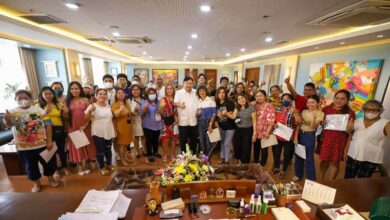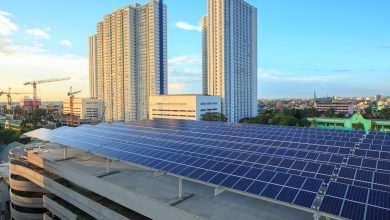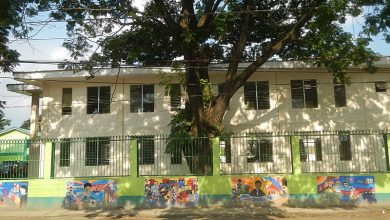
4,529 Aspiring Scientists and Engineers Qualify for DOST-SEI’s JLSS Program
Aspiring young scientists and engineers around the country are getting much needed help from the Department of Science and Technology – Science Education Institute (DOST-SEI).
The DOST-SEI has announced that 4,529 college students have qualified for the 2017 Junior Level Science Scholarship (JLSS) program, which is a scholarship program under Republic Act (RA) 7687 or the “S&T Scholarship Act of 1994,” RA 10612 or the “Fast-Tracked S&T Scholarship Act of 2013,” and RA 2067 or the “Merit Scholarship Program.”
Third year college students who are taking up various science and technology courses from all over the country took the examination to qualify for the program. Out of 6,049 examinees, 4,529 passed.
Students who passed will enjoy 2-3 years of scholarship benefits including tuition subsidy, monthly stipend, and book allowance. Those who passed the Merit Scholarship will also receive the same benefits except for the pro-rated monthly stipend based on the student’s socio-economic status.
The main goal of the JLSS program is to increase the number of scientists and engineers in the country to boost knowledge creation and economic productivity.
The Fast-Tracked S&T Scholarship Act of 2013 or RA 10612, on the other hand, is designed to create a pool of scholar-graduates. These graduates are expected to competently teach science, technology, engineering and mathematics (STEM) in the basic education level.
Josette Biyo, DOST-SEI director, said the science and technology department believes that fast-tracking graduates in STEM courses can help the development of valuable human resources in fields like agriculture, innovation, and engineering.
“We need to support not just students wanting to get degrees in STEM but also those who aspire to teach in these fields,” Biyo said in a statement.
As a way to give back to their community, Director Biyo said that scholars under RA 10612 are expected to teach STEM in their respective home regions.
RA 7687 and Merit program graduates, meanwhile, are required to work in their fields of specialization in the country. The number of years that they are required to work here are equivalent to the years in which they benefited from the scholarship program.
The best case scenario according to Biyo is that all passers would end up working in critical science and technology fields.
via Manila Bulletin / Kier Edison Belleza




